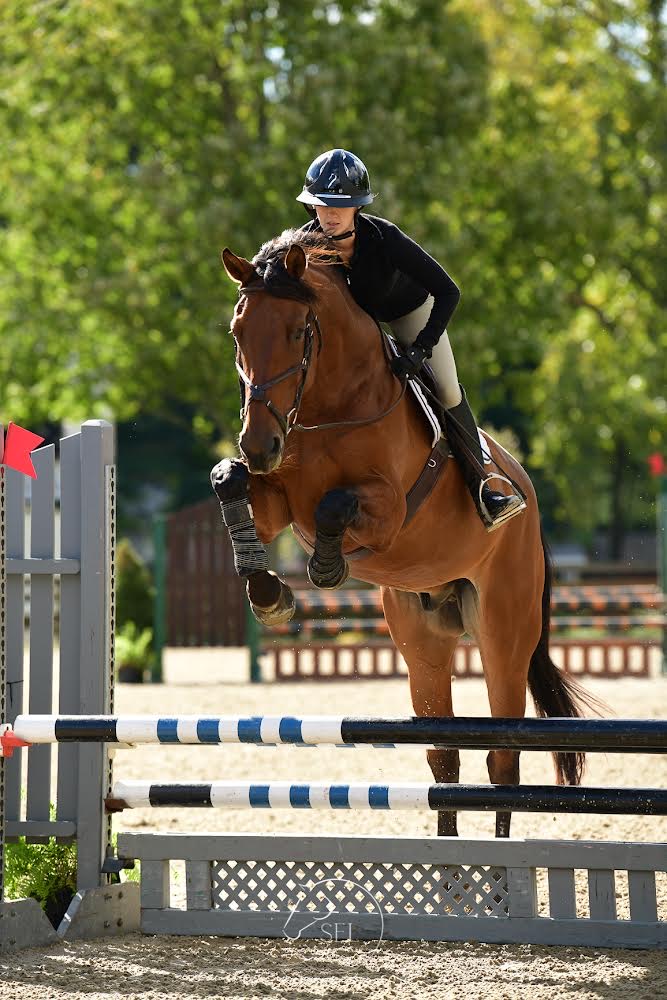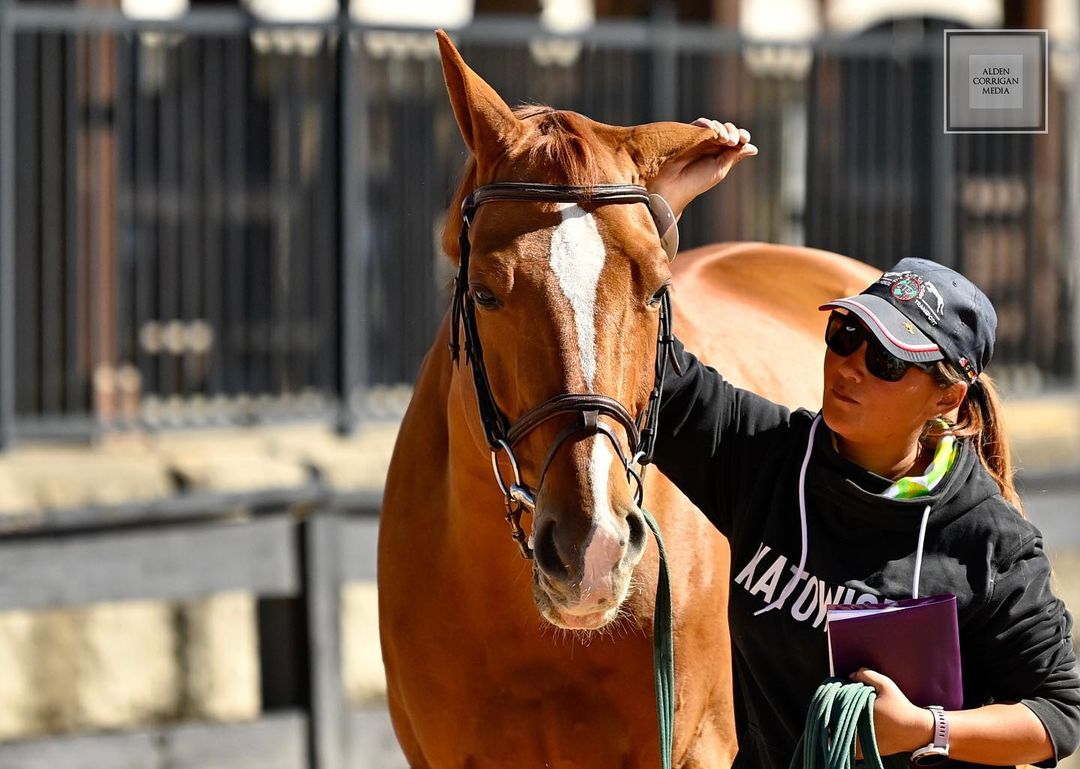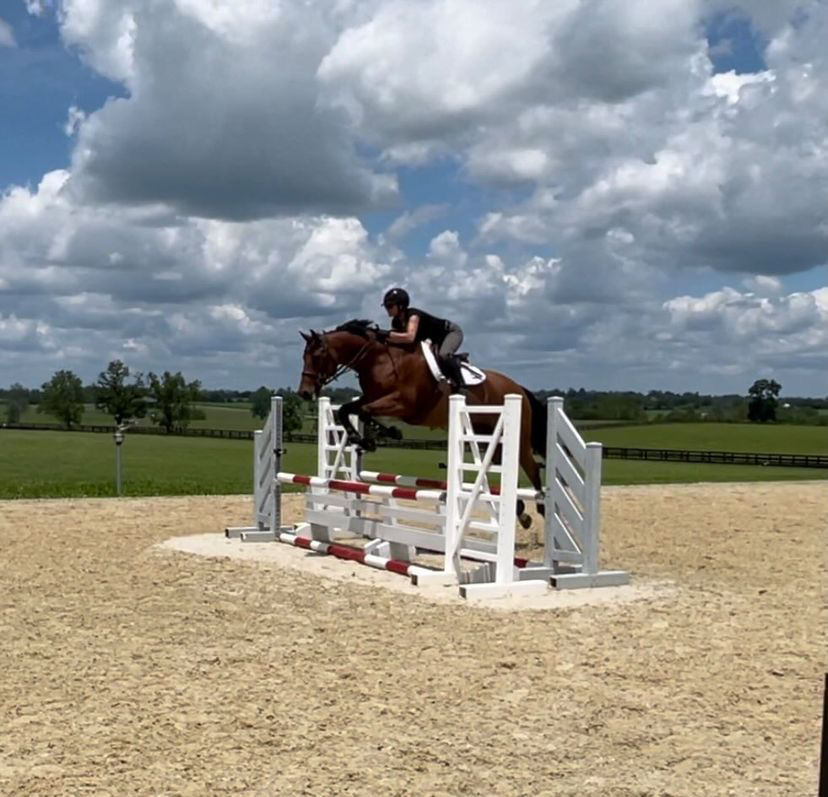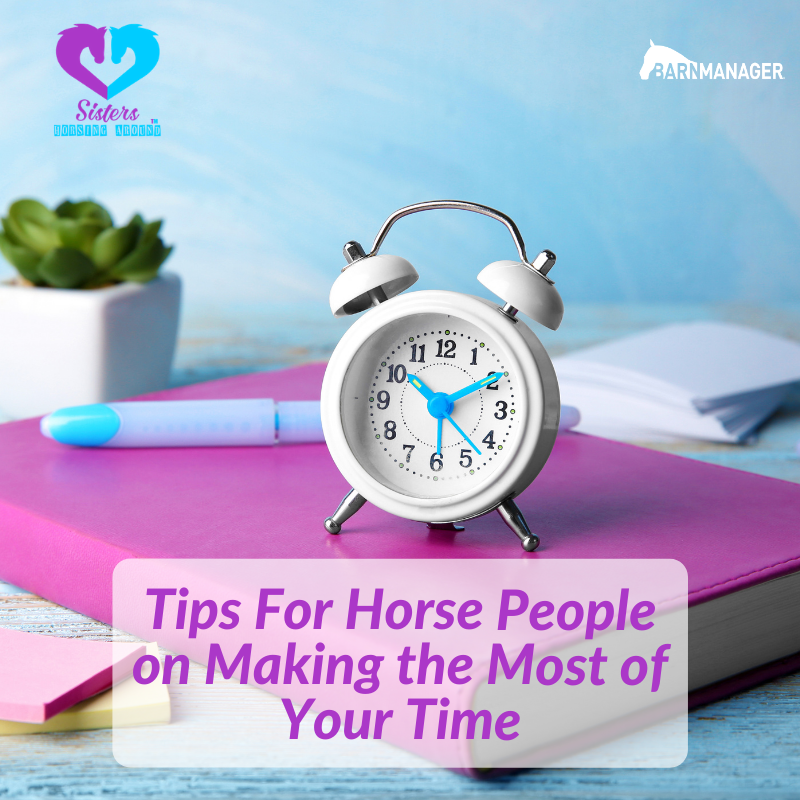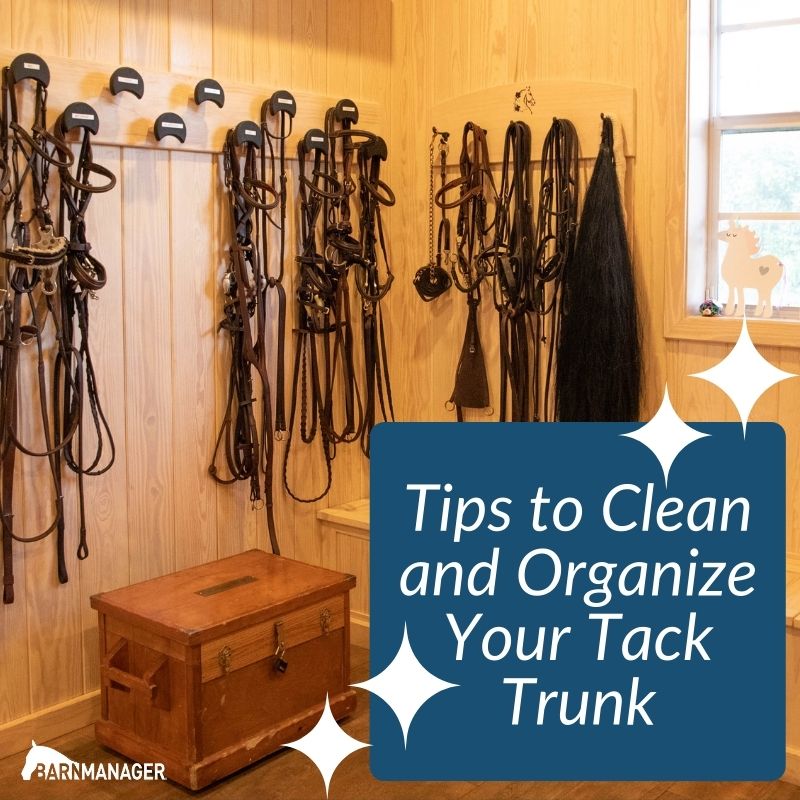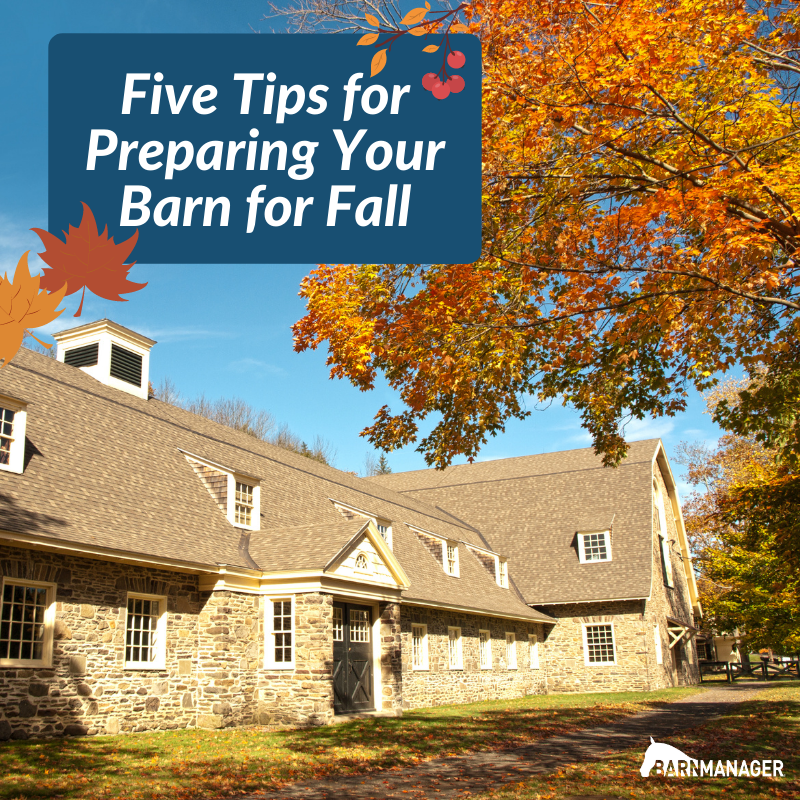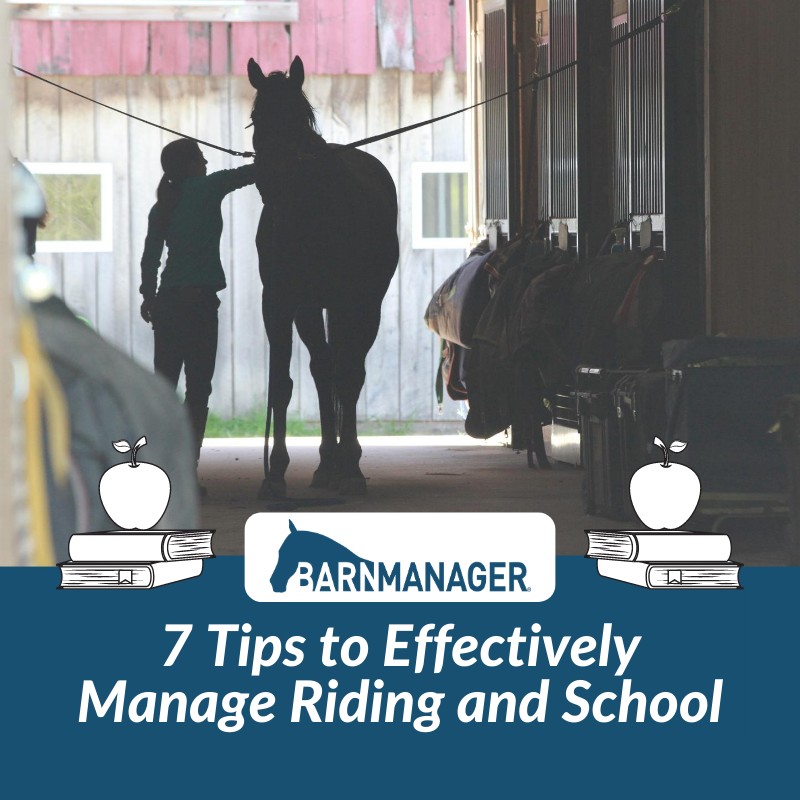Barn managers are a key component to running a successful barn. Keep reading to learn about some of the essential traits of a good barn manager.
1. The Ability to Multi-Task
Barn managers must be able to handle switching between several different tasks in a short period of time. They have to know how to prioritize their projects so the most important tasks are done quickly and efficiently. A medical emergency might happen right when a manager is in the middle of packing for a horse show, so they must know how to change gears and attend to the more important job without losing track of other things. It is also necessary for managers to balance several activities at once, keeping each one on track throughout a busy day. For example, managers often need to build the schedule for the next day while also helping the visiting vet, ordering grain, getting the rides done, or checking in with other staff.
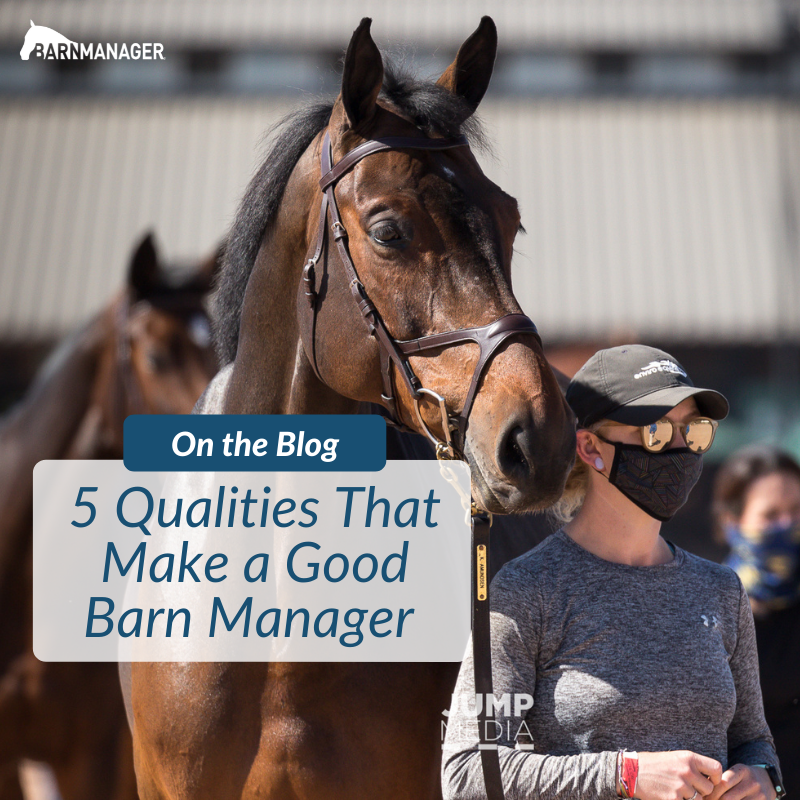
2. Planning Ahead
Managers have to be two steps ahead of everyone else. For this reason, the ability to make both long-term and short-term schedules is critical. For long-term scheduling, managers should know key dates such as when horse show entries are due, which weeks the farrier is coming, and when health papers are needed. Knowing when each horse is scheduled for various procedures is a lot to keep straight, but it is the manager’s job to know when a client inquires.
At horse shows, the ability to make daily short-term schedules is essential. Managers are responsible for knowing which groom is taking each horse to the ring, making sure every horse has the right equipment, and being sure that all the correct aftercare is done. This requires managers to be able to plan out each day almost to the minute.
3. Communication Skills
Managers must effectively communicate with all staff members as well as clients, vets, farriers, and more. During a busy day, especially at a horse show, clear communication is crucial. Managers need to be positive that grooms, clients, riders, and trainers are all on the same page and understand the plan. Additionally, if the plan changes, managers are often in charge of making sure everyone is aware of the alterations.
When talking with coworkers, it is very helpful to keep a positive attitude. Managers are seen as the leaders. If they have a negative attitude, it will most likely transfer to other employees. If a problem arises between two coworkers, barn managers need to know how to remain calm, listen to both sides, and work with each employee to come up with a solution.
In order to successfully communicate and work with vets and farriers, managers must understand basic horse knowledge. It is their job to tell the vet or farrier what is going on with the horse when there is an issue. They are often responsible for relaying the diagnosis or treatment plan to the trainer, rider, and client.
4. An Open Mind
For most jobs in the equestrian industry, having an open mind is key. Even if someone has been a manager for 10 years, there is always something new they can learn. Every horse has something to teach, and coworkers also have new tips or tricks that are helpful. Having a positive attitude and always being willing to learn can help managers constantly improve their skills.

5. Love of the Horse
The most necessary quality in a good barn manager is to love the horses. The job requires long hours and can be physically and mentally tiring. A commitment to the animals makes it all worth it. A manager that has a passion for horses will always be fully committed to the job and make sure the horses’ care comes first.
Barn managers may not always be the ones riding and training. Their dedication to the barn behind the scenes allows for happy, healthy, and successful horses and riders.
Have questions about utilizing BarnManager or want to give it a try for yourself? Request a live demo here!

